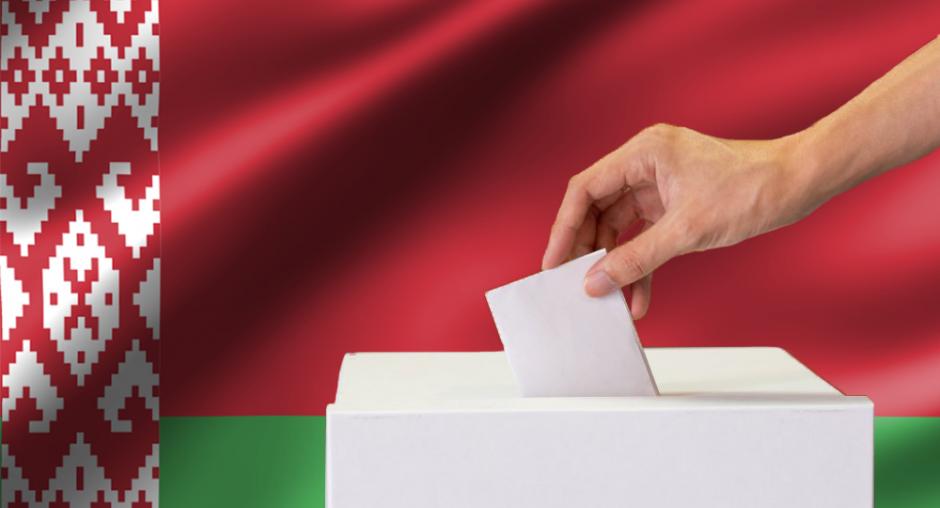

Three weeks ahead of the presidential election in Belarus, protests broke out across Belarus to support main rival candidates of President Lukashenka whose registrations have been denied by the Central Election Commission. Concurrently, for the first time OSCE/ODIHR has decided not to send an international observation mission following the lack of invitation of the Belarusian government. During an online discussion organized by the European Platform for Democratic Elections (EPDE) together with the Centre for East European and International Studies (ZOiS) election observers and experts from Belarus and Germany analyzed the impact of this unprecedented election campaign, the protest dynamics, as well as possible ways out from the current political deadlock in Belarus.
Uladzimir Labkovich of the Human Rights Center “Viasna” and election expert of the initiative “Human Rights Defenders for Free Elections” reported on widespread violations of electoral procedures and the government’s repressions against protestors and political activists, with 25 political prisoners and many more individuals having been detained for their engagement in the election campaign. He claimed that there is already “a full degradation of the institution of elections” at this early stage of the election campaign where “not event formal rules are followed by the authorities”.
ZOiS researcher Nadja Douglas analyzed the recent protests through the prism of a growing discrepancy between a young generation of “emancipated citizenry” and authorities that are still stuck in a “Soviet-style mentality”. Félix Krawatzek’s (ZOiS) recent opinion poll among young Belarusians shows that nearly 60% of young people are interested in politics and 90% are informed about ongoing protests in the country. “Young people appear to be less fearful of participating in protests and there is a significant decrease of trust in state institutions, including the president”, said ZOiS researchers. Labkovich confirmed this by stating that there was “an unprecedented strong will among young people to engage in elections and also election observation”.
Given the lack of international scrutiny of the election process by international experts, Labkovich underlined the “great responsibility” of citizen election observation. Former Director of the OSCE ODIHR and current Member of the German Bundestag, Michael Georg Link, agreed with the decision of OSCE ODIHR to not send international observers to Belarus. The Belarusian government should issue an invitation for international observers in a timely manner to enable OSCE ODIHR to deploy a mission that follows internationally recognized standards and methodology. “Too late is too late.” According to Link, “personalized sanctions” against further representatives of the Belarusian government should be considered by the European institutions in case of ongoing human rights violations.
The experts agreed that since no official election observation mission will be deployed to Belarus, the government might invite politically biased election observers to praise “the democratic character” of this election. Stefanie Schiffer from the EPDE emphasized the need to protect international democratic institutions against attempts of autocratic regimes and corrupt politicians to discredit these.
The full recording of the webinar can be found here (with English translation).
Subscribe to our
newsletter
Sign up for our monthly newsletter
and receive the latest EPDE news
Subscribe to our
newsletter
Sign up for our monthly newsletter and receive the latest EPDE news